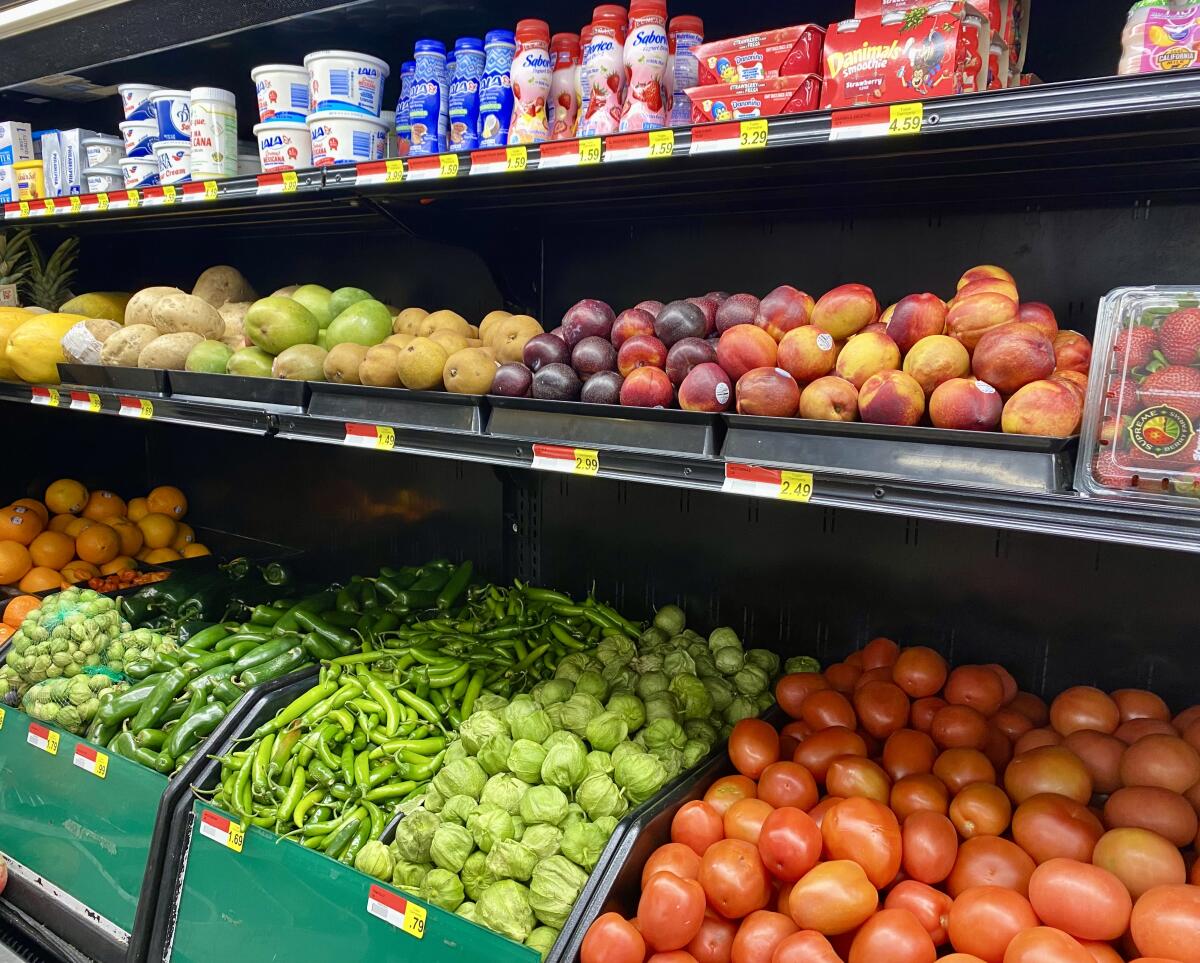A Word, Please: A language lover’s view from Grammar Heaven

- Share via
If there’s an afterlife and I’ve been bad, I’ll spend eternity sitting behind a sign that says: “Grammar Table: Vent! Capitalization complaints. Ask a question! Grammar chat.”
But for one woman, that’s Heaven. Meet Ellen Jovin who, on Sept. 21, 2018, hauled a folding table, chair and some reference books to Verdi Park in New York City and hung out her posterboard shingle, inviting every passerby with a grammar opinion or question to lay it on her.
She didn’t do it for money. She didn’t do it for fame. She was fully clothed. So to anyone who knows just how, um, strident grammar fans can be, her actions are utterly inexplicable. And here’s the wildest part: She’s been doing it ever since. Jovin has set up her Grammar Table in 47 states, and she’ll soon complete the set with appearances in Alaska, Connecticut and Hawaii.
“It’s fun for me,” she said in a recent phone interview. “I love talking to people. I love language.”
It all sounds terrifying till you dig in to her new book, “Rebel With a Clause: Tales and Tips from a Roving Grammarian,” and read for yourself how her encounters play out.
There was the woman in Santa Fe, N.M., who sought a yes answer to her question, “The Oxford comma is always right, right?” Not so, as Jovin illustrated with the sentence “I invited my mother, my first Spanish teacher, and my sister.” Take out the Oxford comma after “teacher” and there’s no question you’re talking about three people. With the comma, it’s unclear whether her mother and her Spanish teacher are one and the same.
Then there was the time on the Venice Beach Boardwalk in Southern California when a young woman who couldn’t seem to keep straight “past” and “passed” realized she already knew both the concept and the term “past participle,” eliciting cheers from her friend and Jovin. “Chills,” the woman rejoiced, rolling up her sleeve to show Jovin her goosebumps.
In American English, the period or comma always falls inside the closing quotation mark, writes June Casagrande, while the placement of other marks depends on use.
Then there are the couples looking for a referee for their grammar disputes — a repeat scenario with a surprisingly predictable ending. “The wife is always right,” Jovin told me. “This happened in Verdi square in New York City, it happened in Middlebury — and the husbands are always willing to concede defeat.”
Then there are the many people who approach her to discuss “less” vs. “fewer” — one of the rare subjects on which Jovin has a strong leaning: The pro-fewer folks, she says, go too far. “It feels like people are using ‘fewer’ in these bizarre situations,” she told me. “I think that has really gotten out of hand.” She tells Grammar Table visitors that it’s both natural and acceptable to say you have “10 items or less” in the grocery store express lane, contrary to sticklers’ insistence it should be “fewer.”
Somehow, talks about these touchy subjects never devolve into arguments. Instead, Jovin politely offers to crack open her dictionary or one of her other reference books and get to the bottom of the issue. Visitors leave better informed and better equipped to write or speak according to their own ideals — many of them liberated from decades-long insecurity about their language skills.
“I do see quite a bit of embarrassment that people don’t know more — people who feel bad because they don’t remember the names of things. As I point out repeatedly, you don’t need to know the names of things to use them correctly.”
And while her visitors go home with valuable lessons, Jovin said she feels like she’s the beneficiary.
“I feel it’s very world-enlarging. There’s a challenge for me in it. Every time I go out, I just feel happier when I go home.”
Maybe eternal damnation won’t be so bad after all.
June Casagrande is the author of “The Joy of Syntax: A Simple Guide to All the Grammar You Know You Should Know.” She can be reached at JuneTCN@aol.com.
All the latest on Orange County from Orange County.
Get our free TimesOC newsletter.
You may occasionally receive promotional content from the Daily Pilot.






